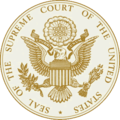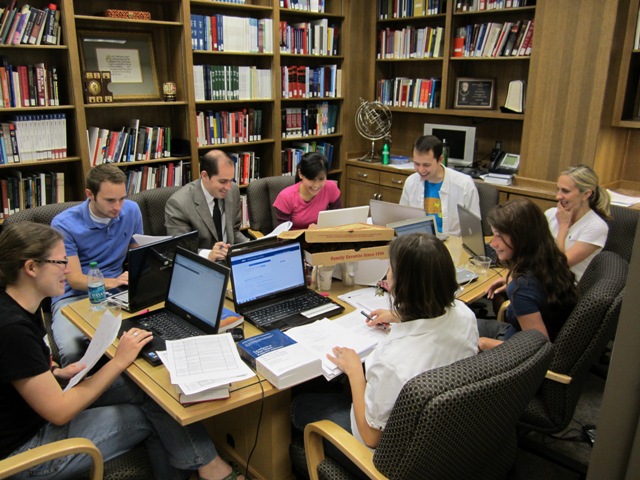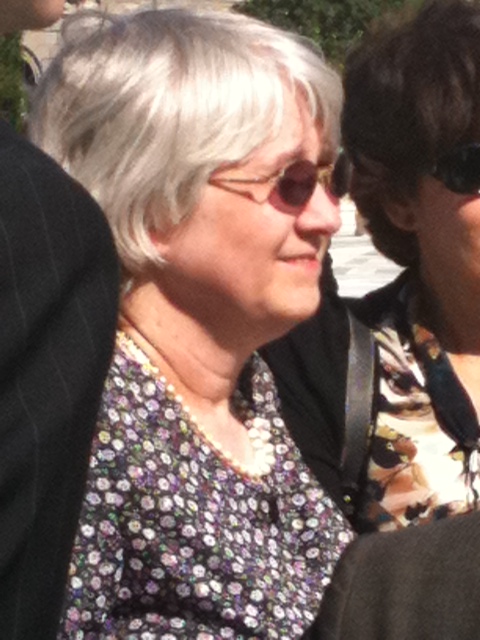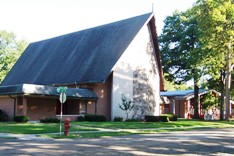U.S. Supreme Court Delivers Decision in Landmark Religious Freedom Case

For Immediate Release 11 January 2012
The International Center for Law and Religion Studies
The United States Supreme Court has delivered its decision in Hosanna-Tabor Evangelical Lutheran Church and School v. Equal Employment Opportunity Commission, the most significant U.S. religious freedom case in twenty years. In a unanimous opinion, the Court held that employment discrimination suits against leaders and teachers of religious organizations impermissibly interfere with the internal governance of religious organizations and thus violate the U.S. Constitution’s Free Exercise and Establishment Clauses. “The interest of society in the enforcement of employment discrimination statutes is…
Hosanna-Tabor “Ministerial Exception” Headlines

“This is a huge win for religious liberty. The court has unanimously confirmed the right of churches to select their own ministers and religious leaders. It has unanimously held that the plaintiff in this case was a minister for purposes of the rule. It has unanimously held that the courts cannot inquire into whether the church had religious reasons for its decisions concerning a minister. The longstanding unanimity in the lower courts has now been confirmed by unanimity in the Supreme Court.” – Douglas Laycock, Counsel for the Petitioner
29 January 2012. The Supreme Court has shown unity, but little guidance. (Robert Barnes, The High Court, The Washington Post…
Acknowledging International Experts and the Religious Freedom Brief
The International Center for Law and Religion Studies at Brigham Young University wishes to acknowledge the following international experts on the topic of freedom of religion or belief whose work we consulted in preparing our amicus brief in the case Hosanna-Tabor Evangelical Church and School v. EEOC…
Congratulations on the Hosanna-Tabor Amicus Brief
[The] unanimous Supreme Court decision in Hosanna-Tabor Evangelical Lutheran Church and School v. Equal Employment Opportunity Commission, upholding a small Lutheran school’s right to control its employment of “commissioned ministers” on its teaching staff, is very good news indeed for religious freedom. Congratulations are due to the Becket Fund for Religious Liberty, to Professor Douglas Laycock of the University of Virginia (who teamed up with Becket in representing the school), and to writers of supportive amicus briefs.* —Matthew J. Franck, First Things
The International Center for Law and Religion Studies was asked by Counsel for the Petitioners to prepare an amicus brief in the case, with an international perspective. In preparing the brief, the Center drew upon the work of many international experts and employed the research help of student fellows from the J. Reuben Clark Law School (Brigham Young University) as well as externs from Lewis & Clark Law School (Oregon), David A. Clark Law School (U. D. C.), Notre Dame Law School, S. J. Quinney College of Law (University of Utah), and Goethe-Universität (Frankfurt, Germany).
ICLRS Files Amicus Brief for Petitioner in Ministerial Exception Case

The International Center for Law and Religion Studies of the J. Reuben Clark Law School at Brigham Young University prepared an amicus brief in support of the Petitioner in Hosanna-Tabor Evangelical Lutheran Church and School v. EEOC, heard during the fall term of the Supreme Court of the United States. The case is seen by many as the most important religious freedom case to come before the court in decades.
The Center was invited to provide a comparative perspective in the case, drawing upon pertinent widespread global principles of religious autonomy to “underscore the distinctive strengths of the American approach and to highlight the hazards of narrowing religious autonomy in this critical domain.” Under the direction of Center Director W. Cole Durham, Jr., Counsel of Record, Center…
U.S. Supreme Court Hears Oral Arguments in Crucial Religious Freedom Case

Joe Hepworth
Hosanna-Tabor Evangelical Lutheran Church and School v. EEOC was argued in the Supreme Court on October 5, 2011. A Wall Street Journal editorial summarizes the case:
[The case] concerns a commissioned minister, Cheryl Perich, who taught elementary school and led chapel devotions at a small Lutheran school outside Detroit. Ms. Perich became ill and was replaced in the classroom by a substitute. In the middle of the school year she sought to return and then, instead of attempting to work out the dispute through the church’s reconciliation process, she threatened to sue. As relations broke down, the church congregation voted to withdraw Perich’s “call” to the ministry, and she ceased to be eligible for her prior job. She sued under the Americans with Disabilities Act, with the support of the federal Equal Employment Opportunity Commission.
The federal statutes outlawing employment discrimination based on race, sex, age and disability…
U.S. Supreme Court Hears Ministerial Exception Case, 5 October 2011

Hosanna-Tabor Evangelical Lutheran Church and School v. EEOC was argued in the Supreme Court on October 5, 2011. The transcript of the oral argument is available here. [Amicus brief for the Petitioner submitted by the International Center for Law and Religion Studies available here.] Judgment is expected some time later this year.
17 October 2011. Religion case opens term for high court. (Joan Frawley Desmond, National Catholic Register)
11 October 2011. Kagan balks at Obama EEOC…